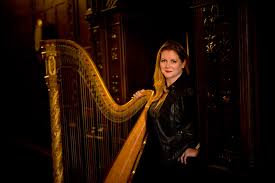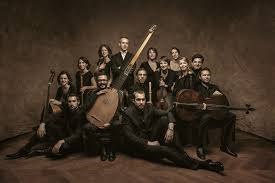Here are the times you will be able to catch up with Harpist Fiona Hosford over the next two months.
Weds 8th May The Irvine Unit, Bexhill Hospital 2-3.30pm. free Thurs 9th May The Conquest Hospital, Hastings. 10am-12pm Level 2 free
Thurs 23rd May The Conquest Hospital, Hastings. 10am-12pm. Level 2. free
Thurs 6th June St.John’s Church, Lower Station Rd, Burgess Hill.
‘Glissando’ Harp Ensemble (6 Harps!) will be performing as part of the Burgess Hill Music Festival. Tickets from www.ticketsource.co.uk
Thurs 20th June The Conquest Hospital, Hastings. 10am-12pm. Level 2.
Sun 23rd June Field Place, Worthing.
‘From Paris With Love’ – come and see Fiona Hosford and Alexander Rider play their two antique Erard Gothic Harps play beautiful music, all based on a French theme.
Tickets available from: http://www.wegottickets.com/event/467803
Sun 7th July ‘La Bella Vista’, St. Leonards on Sea. Booking highly recommended. A Harp Recital in between dining guests being served a gorgeous 3 course Italian meal, by this popular family run restaurant.Contact www.labellavista.co.uk to book.
Thurs 18th July The Conquest Hospital, Hastings. 10am-12pm. Level 2.
Thurs 18th July ‘East Beach Cafe & Restaurant’, LIttlehampton seafront 7-10pm.
Come and enjoy romantic Harp music to accompany your evening meal… booking advised.
Contact www.eastbeachcafe.co.uk to book
Fri 19th July Church in the Wood, Hollington. An evening filled with relaxing and invigorating Harp music. Tickets on the door at app £6 each – includes refreshments.


